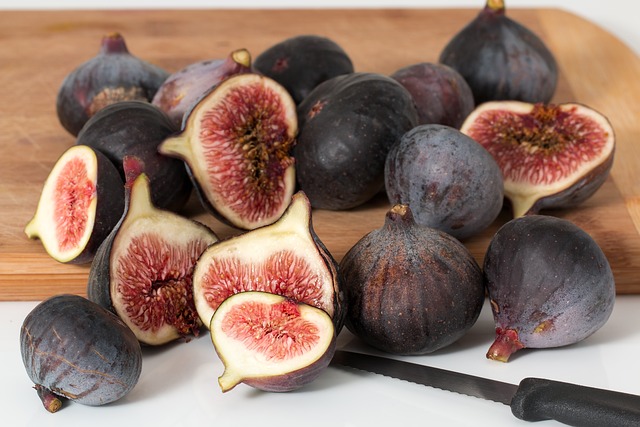Probiotics and prebiotics are two terms that are often used interchangeably, yet they refer to very different things. While both are important for maintaining good gut health, they function in different ways. In this article, we’ll explore the differences between probiotics and prebiotics, and discuss why they are both important for overall health.
What are Probiotics?
Probiotics are living bacteria and yeasts that are good for your health, especially your digestive system. These “good” bacteria can be found in certain foods such as yogurt, kimchi, and sauerkraut, or in the form of supplements. When consumed, probiotics help to restore the natural balance of bacteria in your gut, which is important for maintaining good digestive health. Probiotics also improve the body’s immune system, helping to fight off infections and illnesses.
What are Prebiotics?
Prebiotics are a type of fiber that the human body cannot digest. Instead, they act as a food source for the bacteria in your gut. This is important, as the bacteria in your gut need fuel to survive and thrive. Prebiotics can be found in many different foods, including bananas, garlic, onions, and artichokes. They are also available in the form of supplements.
What’s the Difference?
While probiotics are living microorganisms, prebiotics are not. Probiotics work by introducing good bacteria to your gut, while prebiotics work by feeding the existing bacteria in your gut. Another important difference is that probiotics are sensitive to heat, which means they can be destroyed during cooking and processing. On the other hand, prebiotics are resistant to heat, which means they can survive cooking and processing.
Why Does it Matter?
The health of your gut plays a significant role in your overall health. Research has shown that good gut health can improve digestion, boost immunity, and even improve mental health. The balance of good bacteria in your gut is essential for good gut health, and both probiotics and prebiotics play an important role in maintaining that balance. By consuming foods that are rich in probiotics and prebiotics, you can help to improve your gut health and overall well-being.
Conclusion
Probiotics and prebiotics may sound similar, but they function in very different ways. Probiotics introduce good bacteria to your gut, while prebiotics feed the existing bacteria in your gut. Both are important for maintaining good gut health, which is essential for overall health and well-being. By consuming a diet that is rich in both probiotics and prebiotics, you can help to improve your gut health and enjoy the many benefits that come with it.







